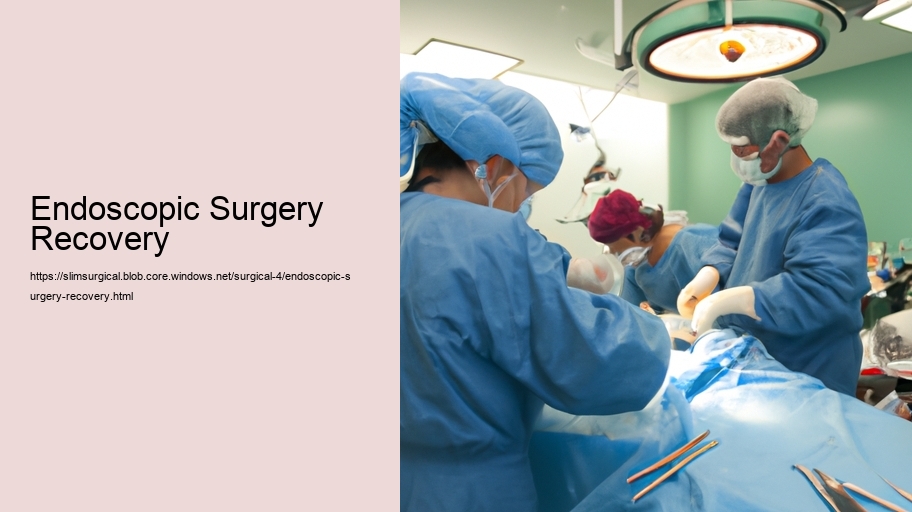Endoscopic surgery, often referred to as minimally invasive surgery, has revolutionized the way surgical procedures are performed and has had a profound impact on the recovery experience for patients. Unlike traditional open surgery which requires large incisions, endoscopic surgery is performed through small incisions, sometimes as tiny as a keyhole. This approach not only minimizes tissue damage but also significantly reduces the recovery time and associated discomfort for patients.
The recovery process from endoscopic surgery is, in many respects, easier and faster than that from conventional surgery. Since the incisions are small, they heal quicker and are less prone to complications such as infections or hernias. This means that post-operative pain is typically less intense, reducing the need for pain medication and the risk of dependence on them. Patients often remark how surprised they are by the minimal level of pain they experience after endoscopic procedures.
One of the primary benefits of the endoscopic approach is the shortened hospital stay. In many cases, patients can leave the hospital on the same day as their surgery. This not only improves their comfort by allowing them to recover in the familiarity of their own home but also reduces their exposure to hospital-acquired infections.
During the recovery period, patients are usually encouraged to engage in light activity as soon as they feel able. Movement is crucial in preventing blood clots, promoting circulation, and speeding up the healing process. However, it's important for patients to listen to their bodies and not overdo it. Doctors will provide specific guidelines on when normal activities, such as returning to work, driving, or exercising, can be resumed.
Nutrition plays a vital role in recovery as well. Patients are often advised to start with a liquid diet or soft foods and gradually reintroduce their regular diet as their digestive system readjusts, particularly if the surgery involved the gastrointestinal tract. Staying hydrated and eating a balanced diet rich in proteins, vitamins, and minerals helps the body heal.
It's worth noting that every patient's recovery is unique and can be influenced by the specific type of endoscopic surgery performed, the patient's overall health, age, and the presence of any underlying conditions. Regular follow-up appointments are crucial for monitoring the healing process and addressing any concerns that may arise.
Mental health is another important aspect of recovery. Patients might feel anxious about the changes in their body or the impact of the surgery on their lifestyle. Having a support system in place, whether it's friends, family, or professional counseling, can help alleviate these concerns and provide the emotional support needed for a smooth recovery.
Endoscopic surgery represents a significant advancement in medical technology, offering patients a less invasive option with a faster, more comfortable recovery process. While the recovery experience is generally more manageable, it's important for patients to adhere to their doctor's advice, attend all follow-up appointments, and take care of their overall well-being to ensure the best possible outcome.
